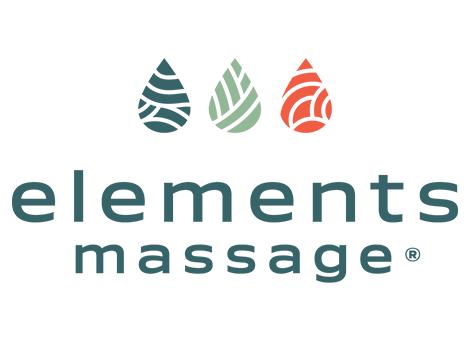Massage therapy can facilitate muscle relaxation through several physiological mechanisms, leading to the alleviation of muscle fatigue and ache. This relaxation can occur both at the local level of the muscle being massaged and systemically throughout the body.
Disrupting the Pain-Spasm-Pain Cycle
Massage therapy can interrupt the pain-spasm-pain cycle, a reflex reaction contributing to chronic muscle tension and pain (Munk & Zanjani, 2011). When a muscle is injured or overused, it often goes into a spasm to protect itself, causing discomfort and stiffness. This muscle spasm, in turn, may lead to pain, which can trigger further muscle spasms, thus establishing a pain-spasm-pain cycle. Massage therapy can disrupt this cycle by directly reducing muscle tension and promoting relaxation.
Increasing Blood Flow and Removing Metabolic Waste
During a massage, the pressure applied to the muscles enhances local blood flow. This increased blood circulation aids in the removal of metabolic waste products that accumulate during muscle activity, such as lactic acid and carbon dioxide (Best et al., 2008). Removal of these waste products aids in alleviating muscle fatigue and discomfort associated with their buildup.
Reducing Inflammation and Promoting Muscle Healing
Recent research also suggests that massage therapy may have an anti-inflammatory effect, which can further contribute to muscle relaxation and relief of muscle pain. A study by Crane et al. (2012) indicated that massage therapy can reduce the production of cytokines, which play a role in inflammation. Moreover, massage also seemed to stimulate mitochondria in muscle cells, promoting cell function and repair. Therefore, massage may aid in muscle healing and recovery after physical exertion, reducing muscle pain and fatigue.
Triggering the Release of Relaxation-Inducing Hormones
Massage therapy can stimulate the release of endorphins and serotonin, neurotransmitters associated with feelings of relaxation and well-being (Field, 2005). The increased levels of these hormones can help reduce muscle tension and induce a state of relaxation, thereby contributing to relief from muscle aches and fatigue.
References
- Best, T. M., Hunter, R., Wilcox, A., & Haq, F. (2008). Effectiveness of sports massage for recovery of skeletal muscle from strenuous exercise. Clinical Journal of Sport Medicine, 18(5), 446-460.
- Crane, J. D., Ogborn, D. I., Cupido, C., Melov, S., Hubbard, A., Bourgeois, J. M., & Tarnopolsky, M. A. (2012). Massage therapy attenuates inflammatory signaling after exercise-induced muscle damage. Science Translational Medicine, 4(119), 119ra13.
- Field, T. (2005). Massage therapy. Medical Clinics of North America, 89(3), 713-728.
- Munk, N., & Zanjani, F. (2011). Massage in connective tissue disorders. In Psychiatric Disorders (pp. 69-86). Springer, Berlin, Heidelberg.

